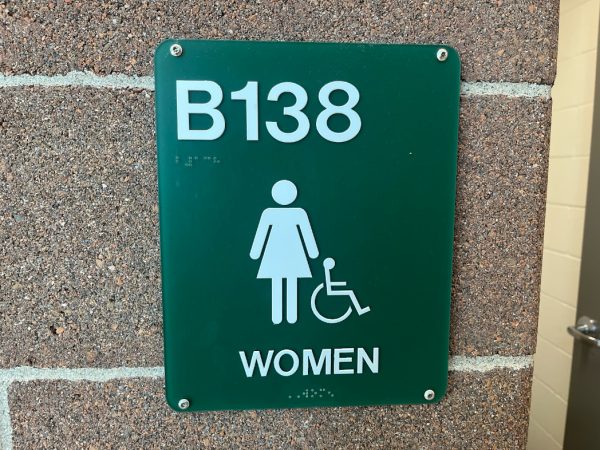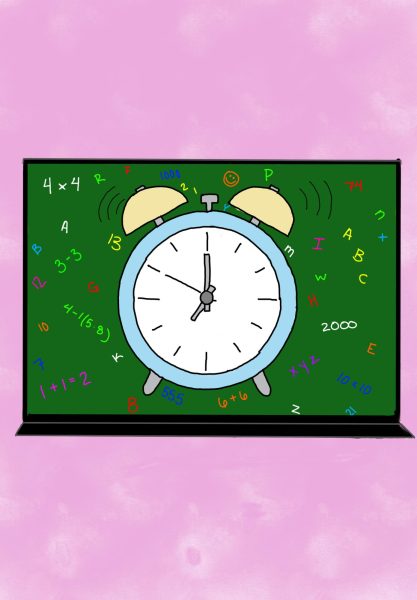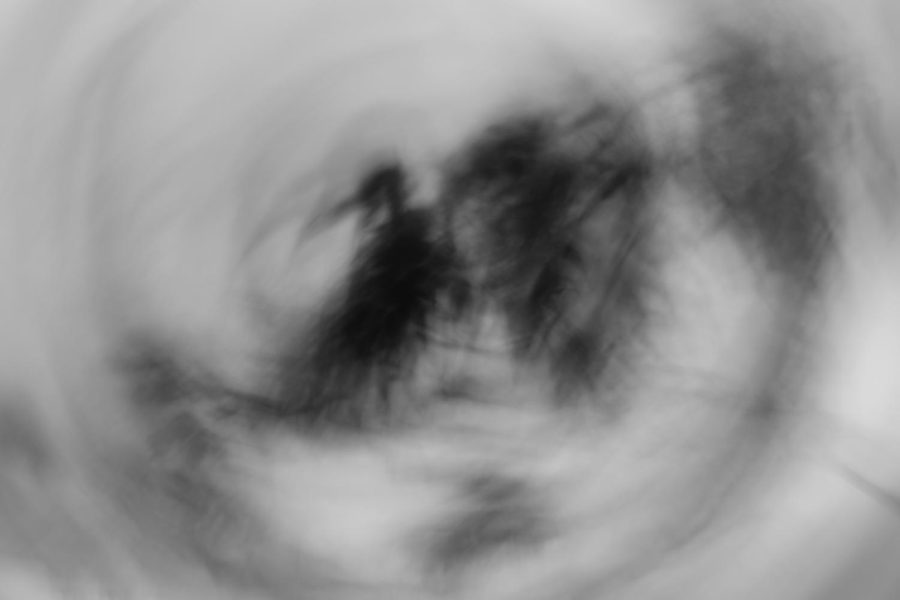Some explain bad dreams through science; others assign different meanings
Though some speculate nightmares are caused by stress or trauma, dreams are a mysterious part of the brain that can be interpreted in many ways
Everybody has experienced a bad dream at some point in their life. Nightmares can range from being something casually brushed off to one of the scariest things you can experience. Bad dreams, regardless of their severity, have several causes.
Nightmares are classified as a sleep disorder, a part of the “Parasomnias cluster”. Nightmares could happen to anybody, regardless of mental illness or disorder and substance abuse.
Common themes for bad dreams are accidents, death, falling, and being chased. These dreams often convey negative emotions such as anger, anxiety, stress, sadness, and fear.
What we see and feel in nightmares is common knowledge. But what causes nightmares? The most common causes are stress, anxiety, and trauma. The pressures of life could manifest themselves into bad dreams. Conflict at work, moving, and doing school work are some ordinary everyday things that turn into nighttime terrors.
For some, causes of nightmares are less commonplace. Anxiety and PTSD (post-traumatic stress disorder) are also factors that can play into the dreams we have. Sleep deprivation, getting frightened before bed, medication, mental health disorders, and substance misuse can contribute to the dreams you have as well.
Though some attempt to assign medical explanations to nightmares, others have found interest in dream interpretation outside scientific reasoning. In many cultures, different meanings have been assigned to dreams.
In Japan, for example, it is believed that if you struggle to sleep at night, it’s because you’re awake in someone’s dream.
In Guatemala, they weave dolls so children can tell the doll any worries they have before going to sleep. According to an article by Leigh Horan from Dreams, “The dolls take care of the child’s worries during the night.”
Dream catchers, a staple in Native American culture, are believed to catch nightmares in the woven, spider-like web. Good dreams move their way through the hole in the center.
Ancient Egyptians, as different as they may seem from you and me, experienced bad dreams as well. According to Dream Tending, the Egyptians believed that dreams could tell prophecies and tell the future with clear messages, advice, and instructions. Dreams were a very significant part of ancient Egyptian beliefs and culture. Many dreams were recorded and interpreted by the ancient civilizations of Egypt.
Today, everyone has different beliefs surrounding the dream world. Medically, dreams are manifestations of negative emotions or the contribution of different problems, but some have also found different meanings in dreams that are less scientific.
Your donation will support the student journalists of Mead High School. Your contribution will allow us to purchase equipment and cover our annual website hosting costs.

Samantha is a senior. She enjoys going to concerts, being environmentally conscious, and music. She is involved with a lot of work, playing the drums, and spending time with friends. She is looking forward to contributing as much as possible to The Mav this year.








Tyler Porter • Feb 4, 2022 at 9:57 am
multiple points made